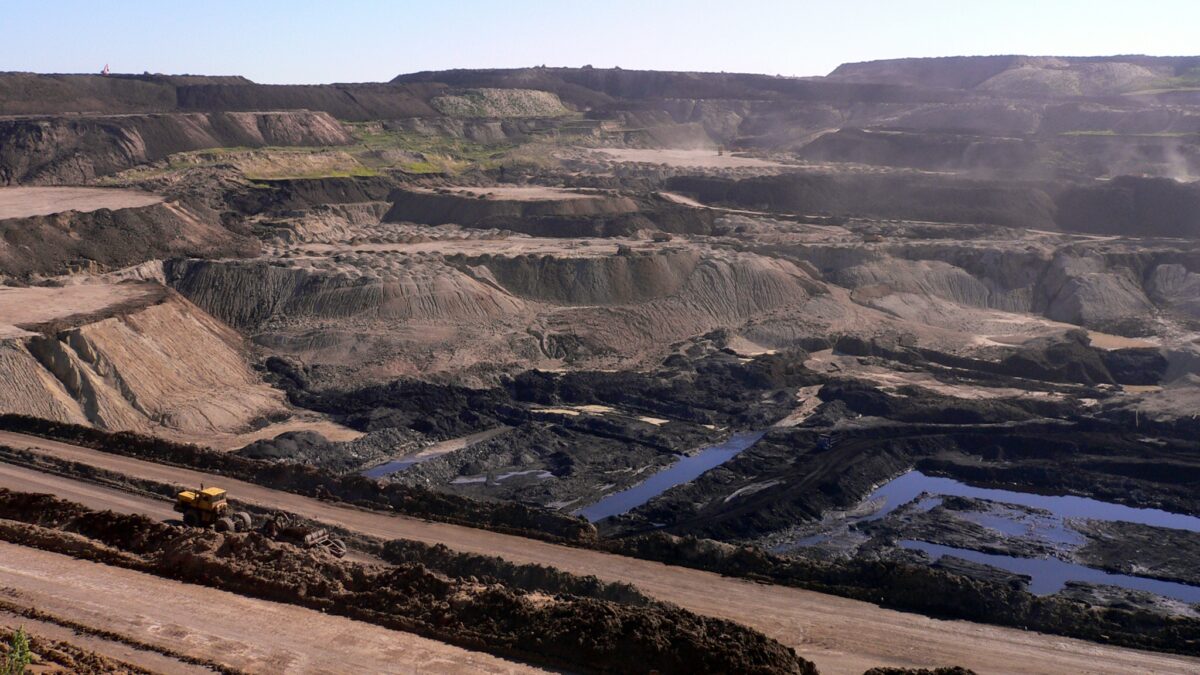From June 28, 2022, to Feb. 8, 2024, two of China’s most well-known stock indices, the Shanghai Stock Exchange Index and Hong Kong’s Hang Sang Index, have lost 20 percent and 28 percent of their value, respectively. And this is after the Chinese Communist Party completed $278 billion in stock purchases to stem the recent rout.
There is a consensus among experts that China is in deep economic difficulty. Paramount leader Xi Jinping has centralized power and curbed capitalistic freedom in China. It’s difficult to know anything with certainty about the nation’s economic stagnation, since China recently outlawed the release of corporate or economic information and stopped releasing basic economic reports.
Even so, there is one sector of the international financial analyst community that still confidently issues opinions on publicly traded Chinese stocks: the environmental, social, and governance (ESG) ratings firms — to their everlasting shame and embarrassment.
I warned about the false picture that ESG ratings provide regarding corporations in June 2022, by comparing a publicly traded American firm, a Texas-based oil and gas royalties company known as Brigham Minerals and, since a merger, now known as Sitio (NYSE:STR), with three Chinese stocks in the energy sector.
The Chinese securities — not stocks in the U.S. sense as they don’t provide legal ownership of the Chinese companies, which are merely vehicles for China to attract foreign capital — were Xinyi Solar Holdings (OTC: XISHY), China Resources Gas Group (OTC: CGASY), and China Coal Energy Company (OTC: CCOZF).
How Are These Chinese Firms Rated Now?
MSCI is an investment support services firm with $2.1 billion in revenue that provides ESG ratings of corporations. Even though China requires every firm with 50 or more employees operating in China to employ at least one Communist Party political commissar, true independent audits don’t happen, and information about a firm’s financial health can now be considered national security information, MSCI rates Chinese firms anyway.
In 2022, MSCI rated the three Chinese energy stocks higher than the U.S. energy stock, with Brigham scoring 2 out of 10 ESG points overall. This compared to China Coal Energy, a firm majority owned by the Chinese government, with an overall ESG rating of 3.1; China Resources Gas Group, a natural gas pipeline operator and a subsidiary of a state-owned company, with an ESG score of 6.3; and Xinyi Solar Holdings — a firm that uses slave labor in its supply chain — with an ESG score of 6.1.
With ESG getting pushback from Texas and other states’ pension funds, I wanted to check back in on whether MSCI still rated these Chinese firms highly.
ESG investing has become a big driver in steering capital to corporations deemed to be good stewards of subjective principles. By 2025, financial management firms that claim to invest with ESG principles are projected to account for $50 trillion of a total global value of $140.5 trillion — more than a third of managed investments.
American Depositary Receipts in Xinyi Solar Holdings have declined from $30.64 in June 2022 to $8.87 in February 2024; China Resources Gas Group last traded on Sept. 12, 2023, at $27.27, down from $58.93, and is no longer listed; and China Coal Energy Company last traded on Jan. 8, 2024.
MSCI continues to helpfully rate all three firms, making one wonder if a real person does the analytical work or an AI on loan from previously writing stories at Sports Illustrated. Xinyi’s ratings are up a bit overall, and China Gas is up a bit too. Only China coal has seen its ESG ratings dip, mostly due to the downgrade of corporate governance from 2.2 out of 10 to 0.9.
Meanwhile, Sitio Royalties, the U.S. firm that resulted from a merger between Brigham Minerals and Sitio Royalties in December 2022, has an ESG rating of 0 out of 10 for the environment, 2.8 out of 10 for social, and 6.8 out of 10 for governance. Thus, in 20 months, Sitio has seen its environmental rating decline to 0.0 from 0.8, its social rating decline from 3.5 to 2.8, and its governance rating increase slightly from 6.4 to 6.8 — meaning, Sitio’s overall rating has declined, while environmentally dirty, slave-labor using, Chinese Communist Party-controlled, and likely insolvent Chinese stocks have seen their composite ESG rating increase over the same span.
What an absolute crock. MSCI’s corporate leadership should be ashamed of continuing to shill for China even as Jinping breathes threats of war and bullies his neighbors. MSCI ESG scores are no more valid than the daily horoscope.









